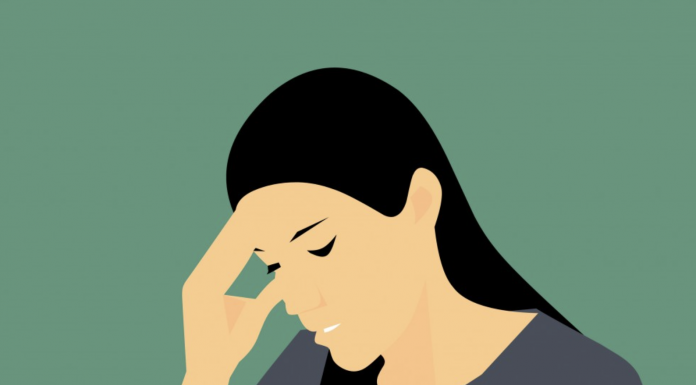THE NEW YORK TIMES – Q: Several people in my family have had cancer, and I’m terrified of getting it, too. How can I reduce my odds?
It’s true that having a family history of cancer raises your risk of developing the disease. But getting sick is not inevitable.
In a recent study, researchers used 2019 data on cancer cases among U.S. adults ages 30 and older, and they estimated that about 40 percent of cases were caused by lifestyle factors you can change.
“That’s actually good news,” said Dr. Farhad Islami, the lead author of the study and senior scientific director of cancer disparity research at the American Cancer Society. This means you may be able to lower your risk by making better decisions for your health, he said.
Here are a few steps you can take.
Gather specifics about your family history.
People with a family history of cancer are more likely to inherit genetic changes that have been passed down from their parents, which increase their cancer risk.
This is particularly true if first- or second-degree relatives have had the disease, said Dr. Amy Comander, medical director of the Mass General Cancer Center in Waltham, Mass. So gather information about your parents, siblings and children, as well as your grandparents, grandchildren, uncles, aunts, nieces, nephews and half-siblings.
What age were they diagnosed? The younger they were — particularly if they were under 50 — the more likely their cases were caused by genetics, Dr. Comander said.
What type of cancer did they have? Many cancers can result from genetic changes that were passed down from your parents, and the most common ones include breast, ovarian and colorectal, experts said.
Try genetic testing.
If your doctor deems it necessary, you may be referred to a genetic specialist who will check for gene changes that increase your risk, said Dr. Syed Ahmad …



